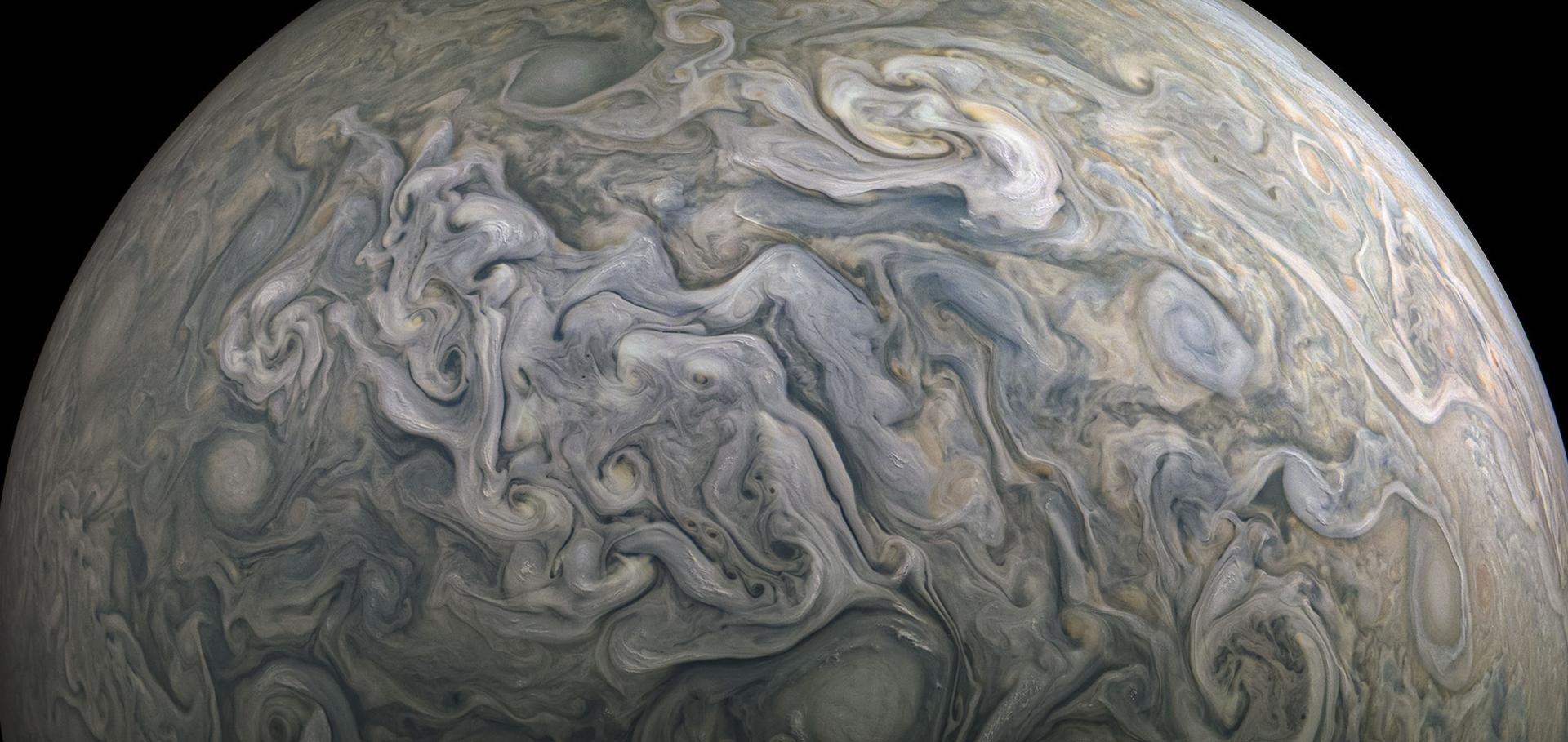AERA-MIP: emission pathways, remaining budgets, and carbon cycle dynamics compatible with 1.5 and 2 °C global warming stabilization
fair-calibrate v1.4.1: calibration, constraining, and validation of the FaIR simple climate model for reliable future climate projections
Geological Net Zero and the need for disaggregated accounting for carbon sinks
Abstract:
Achieving net-zero global emissions of carbon dioxide (CO2), with declining emissions of other greenhouse gases, is widely expected to halt global warming. CO2 emissions will continue to drive warming until fully balanced by active anthropogenic CO2 removals. For practical reasons, however, many greenhouse gas accounting systems allow some ‘passive’ CO2 uptake, such as enhanced vegetation growth owing to CO2 fertilization, to be included as removals in the definition of net anthropogenic emissions. By including passive CO2 uptake, nominal net-zero emissions would not halt global warming, undermining the Paris Agreement. Here we discuss measures to address this problem, to ensure residual fossil fuel use does not cause further global warming: land management categories should be disaggregated in emissions reporting and targets to better separate the role of passive CO2 uptake; where possible, claimed removals should be additional to passive uptake; and targets should acknowledge the need for Geological Net Zero, meaning one tonne of CO2 permanently restored to the solid Earth for every tonne still generated from fossil sources. We also argue that scientific understanding of Net Zero provides a basis for allocating responsibility for the protection of passive carbon sinks during and after the transition to Geological Net Zero.Geologically balanced fuels: equity, justice, and public perceptions
Abstract:
Geologically Balanced Fuels (GBFs) offer the aviation sector a flightpath to net zero. They complement existing strategies centred around efficiency improvements and technology switching, offset credits, and Sustainable Aviation Fuel (SAF) blending. A GBF is a conventional aviation fuel whose carbon dioxide emissions are compensated for by an equivalent quantity of carbon dioxide (CO2) being captured and permanently stored in geological formations. The portion of the fuel’s emissions which are geologically sequestered is the ‘stored fraction’ – this fraction increases gradually over time as the market matures, reaching 100% (i.e. net zero) in mid-century. The details of this definition, feasibility of the approach and potential impact of a GBF market remain underexplored, despite offering a potential alternative to reliance on synthetic or biological SAFs, or on nature-based offset credits, which currently dominate most airlines’ decarbonisation strategies. There is an urgent need to develop the policies, reporting standards, and first-mover collaborations to support airlines and fuel suppliers to achieve durable net zero.


